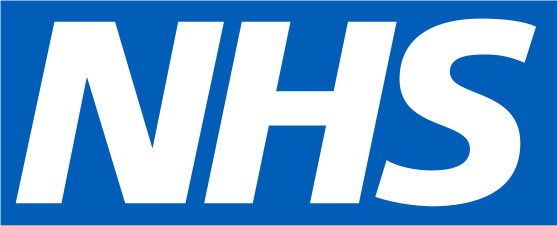What is Vitamin B12?
Vitamin B12 (also known as cobalamin) is a vitamin essential for neurological function and the production of energy within the body.
Vitamin B12 must be obtained through dietary sources or supplements, as it can not be produced by body.
What Role Does Vitamin B12 Play in the Body?
- Nervous system health: Vitamin B12 helps maintain the nervous system's health.
- Red blood cell formation: Red blood cells carry oxygen around the body. Vitamin B12 is essential for the production of healthy red blood cells. B12 deficiency can result in certain types of anaemias.
- DNA synthesis: Vitamin B12 is crucial for the replication and repair of DNA. This is vital for cell division.
- Energy metabolism: It aids in converting food into glucose, which is used as a source of energy.
How is Vitamin B12 Absorbed in the Gut?
Vitamin B12 absorption is a complex process involving different steps:
- Dietary B12 is released from food in the stomach by stomach acid and an enzyme called "pepsin".
- Intrinsic factor. This is a protein produced in the stomach that binds to the released B12.
- The B12-intrinsic factor complex is absorbed in the terminal part of the small intestine (called ileum).
- Once absorbed, B12 is transported into the bloodstream and stored in the liver.
Symptoms of Vitamin B12 Deficiency
These symptoms can be quite non-specific and the same symptoms can be expericened in other conditions as well.
- Fatigue or extreme tiredness
- Difficulty concentrating or memory problems
- Pale or yellowish skin (jaundice)
- Numbness or tingling in the hands and feet (nerve damage)
- Mood changes, including depression or irritability
- Glossitis (inflamed tongue) and mouth ulcers
- Balance problems or dizziness
- Megaloblastic anaemia, leading to weakness
- Heart failure
Food Sources of Vitamin B12
Animal-based foods are the primary natural sources of vitamin B12:
- Meat (beef, liver, and chicken)
- Fish (salmon, trout, tuna)
- Dairy products (milk, cheese, yogurt)
- Eggs
- Fortified breakfast cereals
How Much Vitamin B12 is Contained in Different Foods?
Meat:
- Beef liver (85g): 70 micrograms
- Beef (85g): 1.5 micrograms
- Chicken (85g): 0.3 micrograms
Fish:
- Salmon (85g): 4.9 micrograms
- Trout (85g): 5.4 micrograms
- Tuna (85g): 2.5 micrograms
Dairy products:
- Milk (1 cup): 1.2 micrograms
- Cheese (1 slice): 0.3 micrograms
- Yogurt (1 cup): 1 microgram
Eggs (2 large): 1.2 micrograms
Fortified breakfast cereals: 1 to 6 micrograms per serving
How Much Daily Vitamin B12 Do We Need?
The recommended daily intake (RDI) for vitamin B12 in the UK varies by age and life stage:
- Adults (19-64 years): 1.5 micrograms per day.
- Pregnant women: 1.5 micrograms per day.
- Breastfeeding women: 2 micrograms per day.
- Most people can meet these requirements through a balanced diet. However, older adults, vegans, and individuals with absorption issues may need supplements to ensure adequate intake.
How to Get Vitamin B12 in Vegan diet?
Since plant-based foods do not naturally contain vitamin B12, vegans need to rely on:
- Fortified foods: These include cereals, plant-based milk, nutritional yeast, and meat substitutes that are fortified with B12.
- B12 supplements: These are available in tablet, liquid, or spray form.
- B12 injections: Recommended if there are issues with B12 absorption or B12 deficiency is severe.
